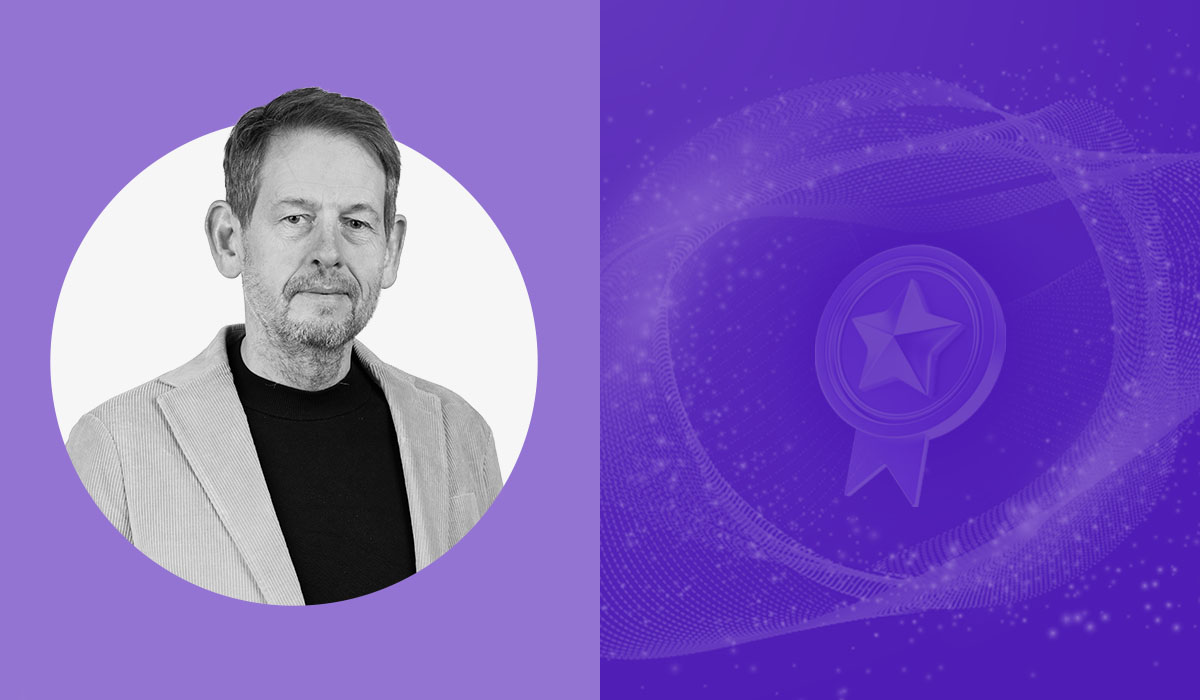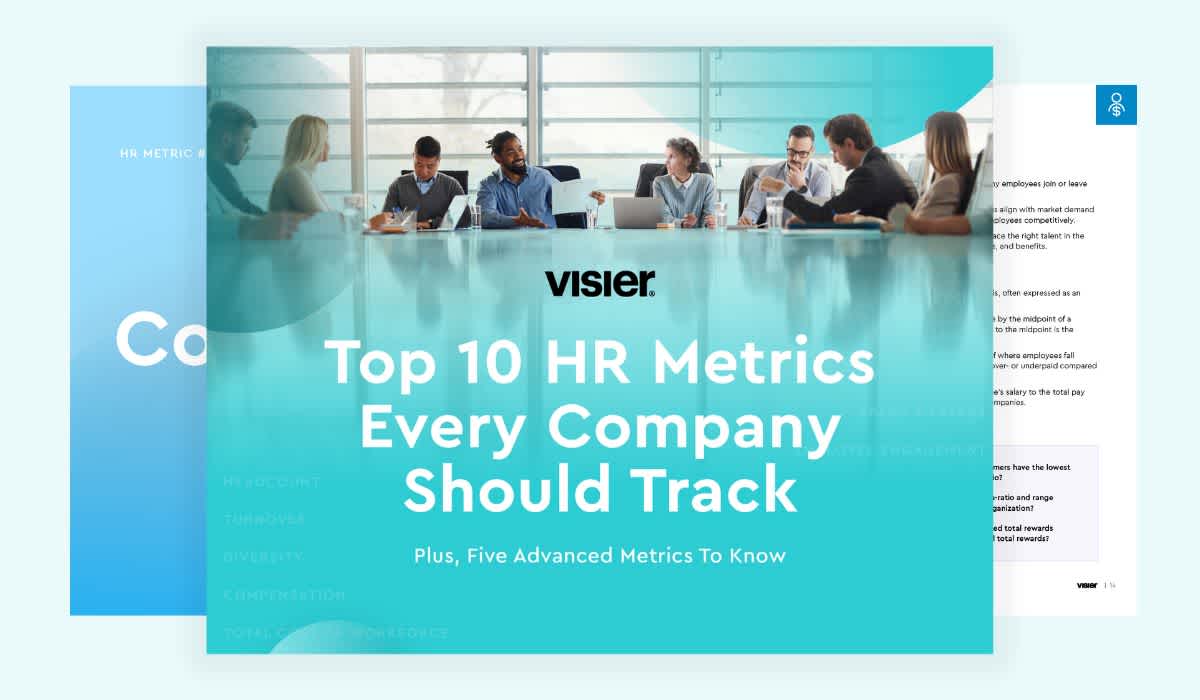Who "Wins All" in the Generative AI World?
While the battle for the best technology, language model, and application framework is well underway, who will win the battle for user loyalty and the access point to all this innovation?

Bill Gates once stated: “It’s very tricky for platforms...these are winner-take-all markets. It really is winner-take-all. If you’re there with half as many apps or 90 percent as many apps, you’re on your way to complete doom."
He was specifically referring to missing out on the mobile OS market. However, the same will likely soon apply to the Generative AI (GenAI) world.
Today, there is an explosion in tools leveraging Generative AI to solve different, often localized problems. I've seen LinkedIn posts listing the top 100 or even top 200 Generative AI tools—here is one generated by a Generative AI.
There is a clear battle underway for whose platform and models will dominate and be employed to deliver Generative AI solutions across the broader market. Whose will gain the most apps is unclear, but OpenAI seems out in front—at least today.
However, there is another battle yet to be won, IMHO.
Consider the internet, while there are platforms all those sites are built on, there is also another defining platform. In the early days, sites were curated into lists and shared. However, as the internet grew, it became challenging to find the needed site, leading to the emergence of search engines. As users picked their preferred search engine, the market consolidated to a few widely used ones—now it is hard to name more than three.
With Generative AI adding summarization to search, will our choice of search engine change? My personal preference has not changed yet, but that is not the point of this blog post.
What I do believe is that despite the current proliferation of Generative AI solutions, one or two new tools will emerge to become the “go to” first destination for most people. These tools will succeed because they have the power to aggregate or orchestrate all the other, more specialized Generative AI solutions.
Whoever controls that access layer to the Generative AI experience will have an immense influence on what everyone else gets to do. And of course, gain enormous commercial success. But they will have to solve some very complex challenges, both technical and commercial.
Consider what is happening to classic web content—if a Generative AI summarizes content without fair attribution or the ability for owners to gain their due commercial share, providers will lock them out. Legal actions, such as the NY Times pursuing a case on this matter, are already underway. If you cannot read that link (it is behind a paywall) then ask ChatGPT to summarize it[!]
On the technology side, how do you decide the most relevant Generative AI to respond to a given prompt? Search engines resolve relevancy by crawling every page and creating a holistic index. Does that mean we will need a single holistic understanding of all the data contained and used to train all of those models?
These challenges remain ahead. So, who will win the war to consolidate the Generative AI world? Who will triumph on the Internet, and will that be the same for the Enterprise Intranet?
I believe the most likely winners today are the incumbents who already own the key platforms for mobile, desktop, or web interaction—those are just three companies: Apple, Microsoft, and Google. The “Principle of Least Effort” is applied by each user to select their “go to” tools, and they have already chosen Android or iPhone, Windows or Mac, and Chrome or Safari.
It is still possible that, as with other previous disruptive innovations like social networking and search, a new entrant will carve a big enough niche to gain a seat at the table.
For an organization like Visier that's building and delivering a unique and specialized Generative AI solution that can empower People Managers and HR Business Partners, this is a critical question—and something to watch closely as Generative AI continues to disrupt.


